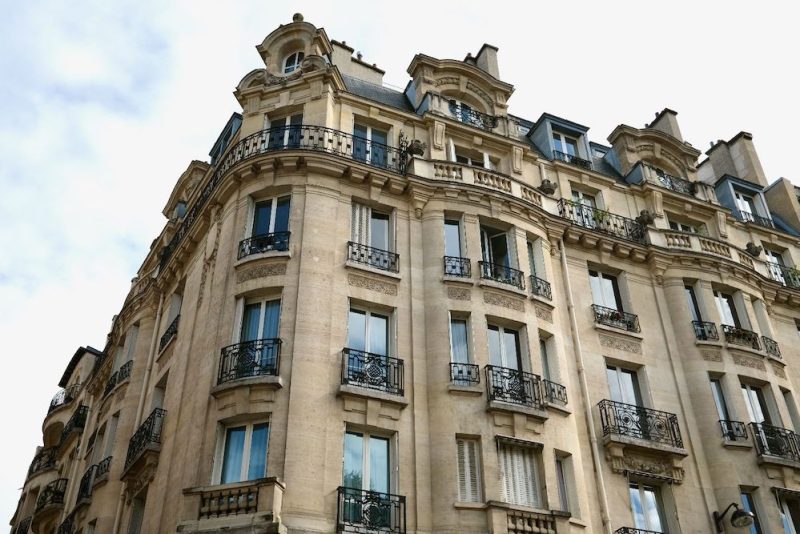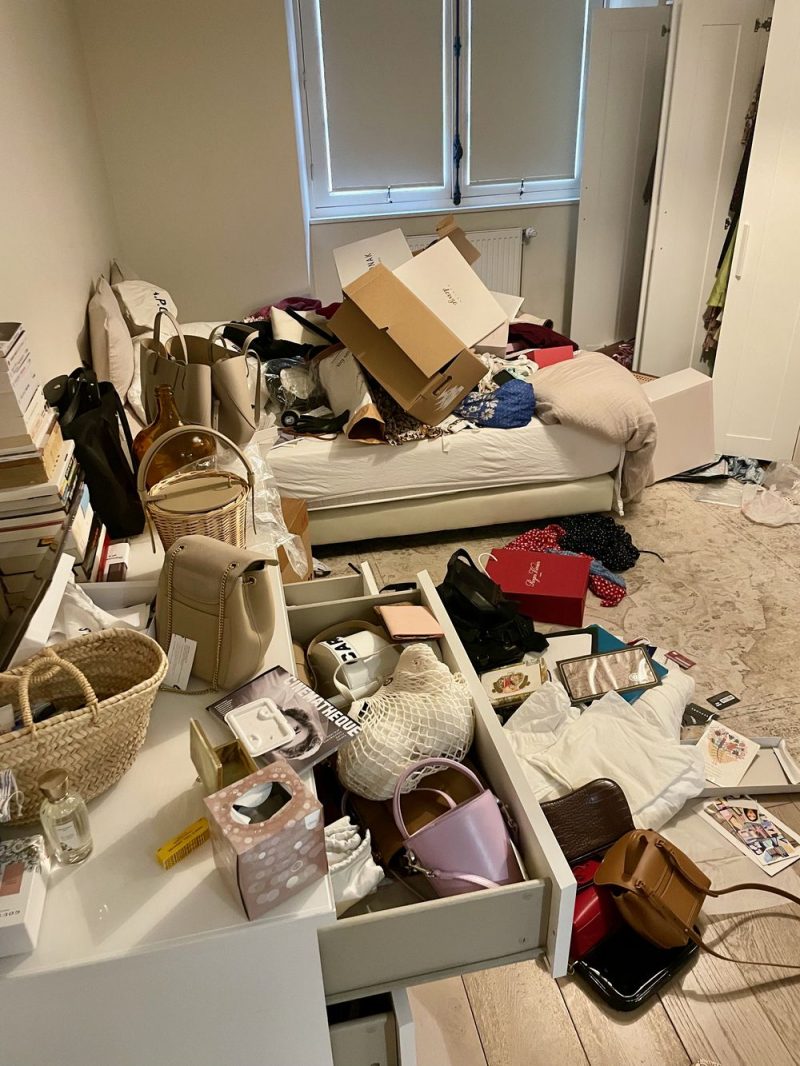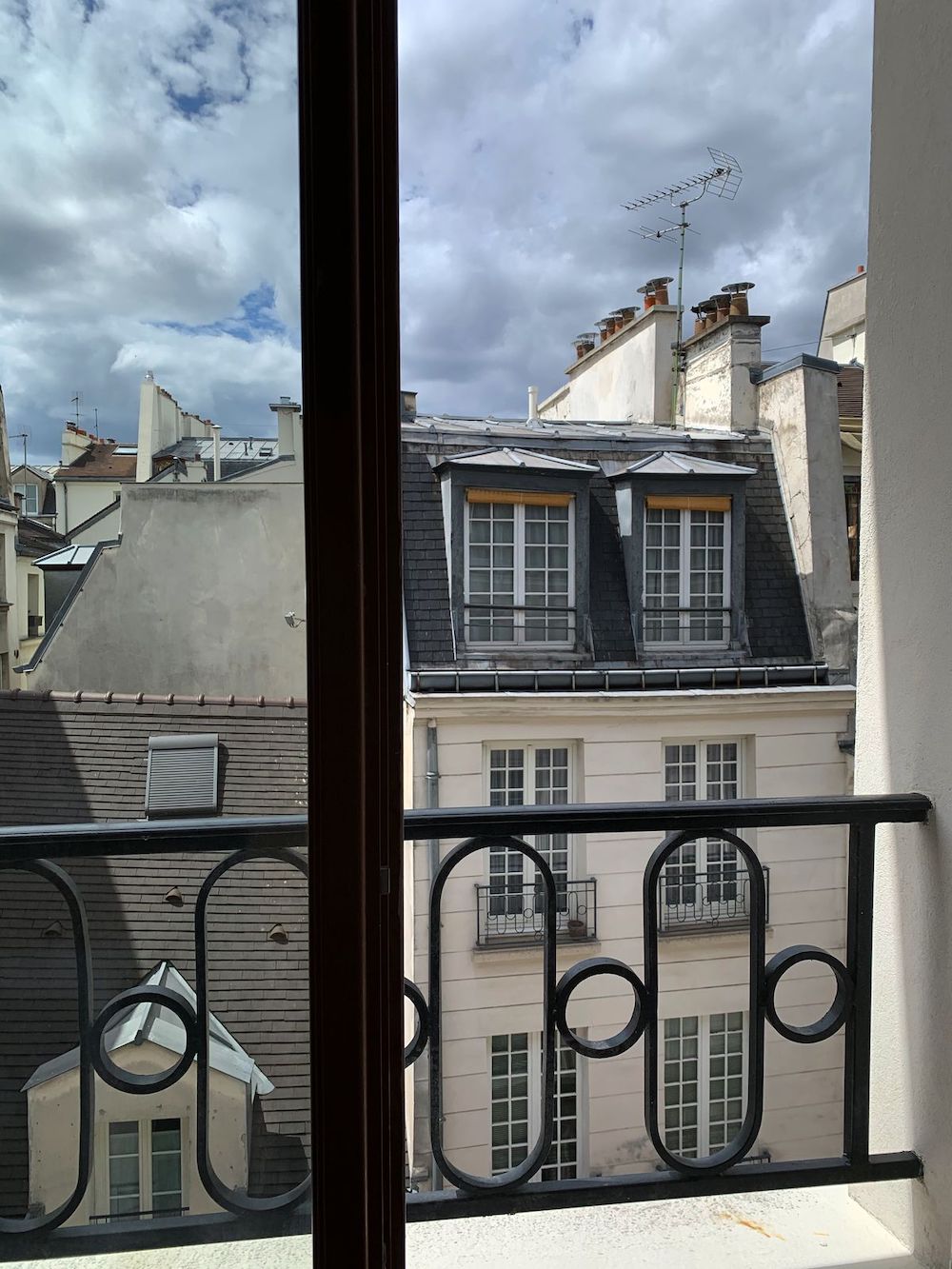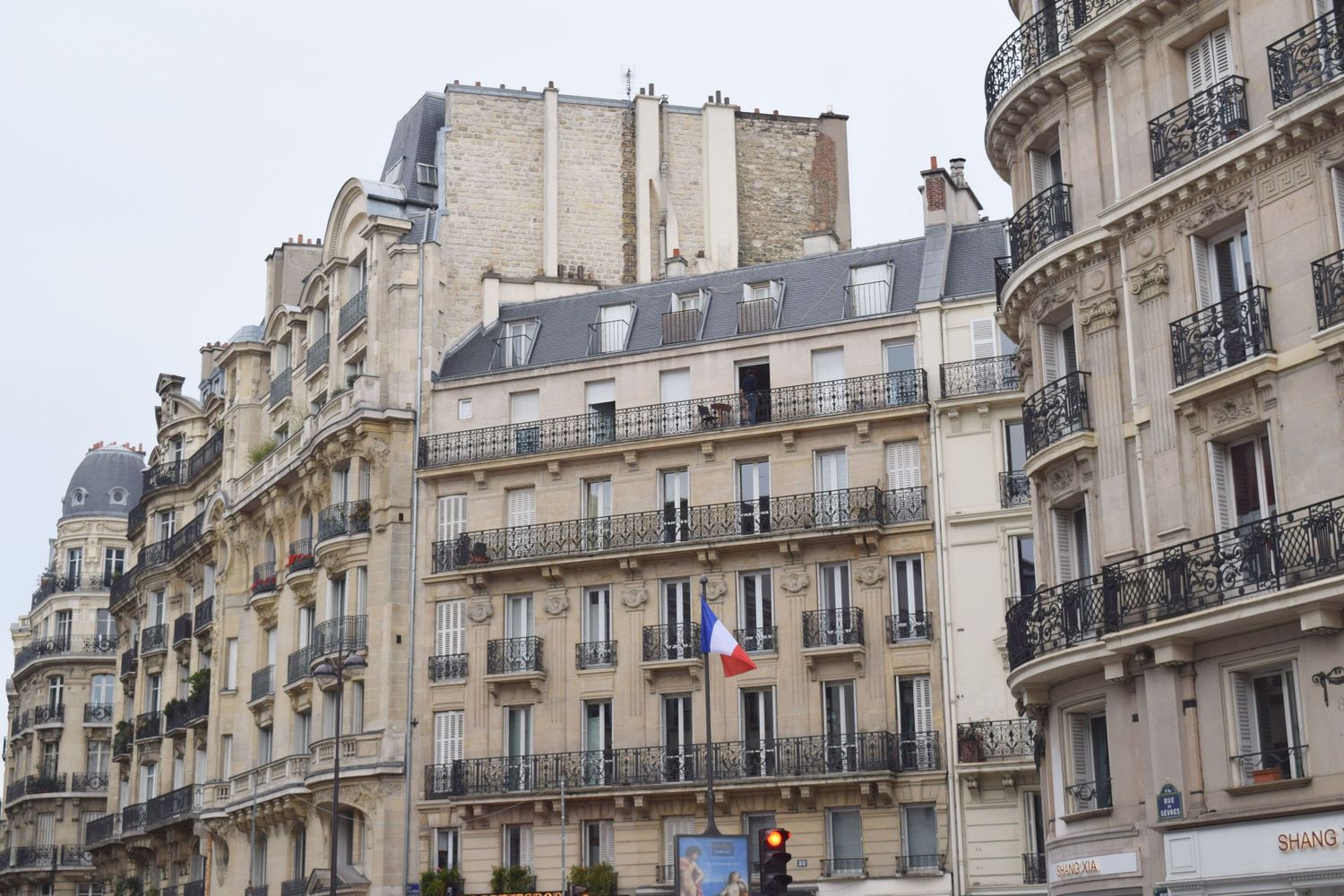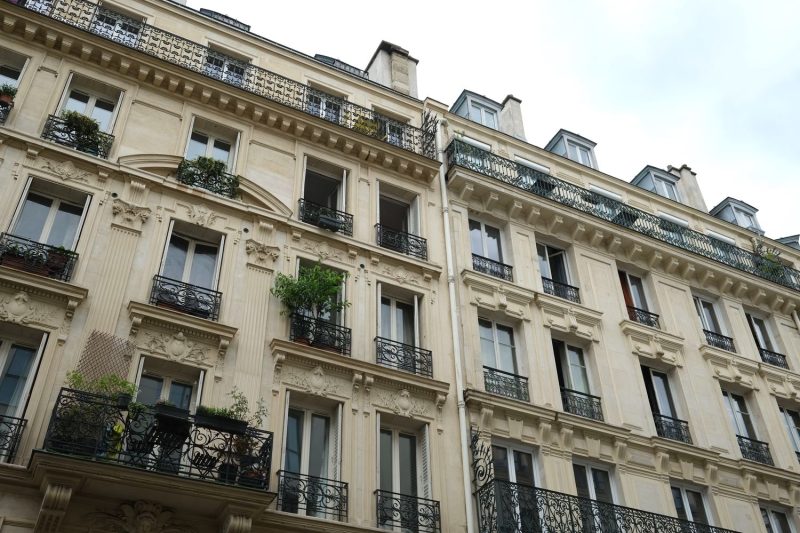Renting in France: Rules, Rights, and Laws as a Tenant
Culture Travel may earn a commission through links on this website. As an Amazon Associate, we earn from qualifying purchases.
If you’re curious about renting in France, these are the basic rules, tenant’s rights, and property laws in France to know.
What are your rights as a renter or locataire in Paris or in France? The good news is that the law is generally on your side, however, that doesn’t mean you should relax. There are several things you must know about renting an apartment in Paris to make sure your experience goes smoothly.
Never forget that your landlord is in the rental business to make money. No matter how nice he or she may be to you at first, I guarantee the claws will come out when it comes to money. Always be polite and courteous to your landlord, but do not make the mistake of thinking this person is your “friend” when renting their apartment.
Know the laws so you can protect yourself when you come across a landlord who might want to take advantage of you. Believe me, I had a very friendly French landlord who blatantly tried to rip me off, hoping that I was unaware of my rights.
My recent experience renting a studio in Paris inspired me to write this article in the hopes of educating others on their rights as renters in France. This article is not legal advice. It is written for informational purposes. Always seek your own counsel.
Basic French Rental Property Requirements
There are some minimum standards that must be met in order to rent a property in France. The space must be at least 9m² (98 square feet) surface area, and have a height of at least 2.2m (7.2 feet). A window must be present along with a bathroom, heating system, and water pipes.
Types of Leases in France
Most residential leases fall into two categories: furnished and unfurnished rental leases. A third type has recently been introduced called Bail Mobilité but it typically doesn’t apply to Americans.
An unfurnished rental, known as Location Vide, generally has a minimum lease term of three years. Unfurnished apartments often do not include kitchen appliances, so you’ll have to make arrangements for basics like a refrigerator and an oven if that’s the case.
A furnished rental, called Location Meublée, usually has a one-year minimum term but can be reduced to nine months if the tenant is a student.
Bail Mobilité, or Mobility Lease, is a specific type of furnished rental lease that provides flexible housing options for younger tenants. It’s meant for students, interns, or employees on temporary job assignments. The lease term for a Bail Mobilité is between one and ten months and is non-renewable.
Rental Contracts Specify the Building Charges and Your Rent
Read the rental contract thoroughly. It should state the difference between your rent and the building charges or Charges de Copropriété which go towards maintaining the building, paying the guardian, and servicing the elevator.
Security Deposits are Capped
Security deposits for renting in France are capped at 1 month’s rent for unfurnished apartments and 2 months’ rent for furnished apartments. It must be returned within 30 days of the end of the rental contract.
Most Apartments in Paris are Rent-Controlled
Renting in France provides decent rent control. The price of rent in Paris and other large cities is determined by legally set standard prices that a landlord can charge according to the address and square meters of the apartment.
If your rent surpasses these limits, even after signing the lease, you can legally ask for a reduction in the monthly rent, but only after you’ve signed the contract. You must ask for the rental reduction within 1 month of signing your lease.
If your landlord wants to increase your rent later on, he or she must notify you in advance and the amount is also capped, as set forth by the Indice de Référence des Loyers (IRL).
Similar measures exist for rentals in Lille, Lyon, Montpellier, and Bordeaux.
État des Lieux Inspections
French rental inspections, known as État des Lieux, take place on the move-in day and the move-out day of your lease.
The État des Lieux d’Entrée or Entry Condition Report, is a crucial document in the French rental process that serves to establish the condition of a rented property at the time when the tenant moves in. It is conducted as a walk-through inspection of the property, where both the landlord and tenant (or representatives) assess the state of each room, documenting the walls, floors, fixtures, and appliances.
This document is then signed by both parties and serves as a benchmark for comparison when the tenant eventually moves out. It protects the interests of each party by providing a factual record of the property’s condition at the start of the lease.
This entry report is later paired with an État des Lieux de Sortie, or Exit Condition Report, to assess any changes in the property’s condition or damages during the rental period. This comparison is often the basis for determining whether a security deposit will be returned in full or deductions will be made for repairs or maintenance.
Tenants Pay Utilities and Taxe d’Habitation
In my French rental, the cost of water and heating was included in my rent, but I was responsible for paying for electricity in the Paris apartment.
I also had to pay the annual Taxe d’Habitation for each year (or part thereof) I resided in the apartment. If you’re renting in France on January 1, you also owe this tax which covers local services like trash pick-up.
You Have Renter’s Insurance in France
As a tenant, you must take out renter’s insurance for your rental apartment or house in France. I used Luko when I rented a studio in the Marais and it only costs around 7€ a month. They did not cover my apartment burglary, however.
You’re Not Responsible for Damage Due to a Burglary – Except if You Were Negligent
When my apartment got robbed in Paris, the first question my landlord asked me was, “How did the burglar get in? Through the window or through the door?” I didn’t realize it at the time, but he was not concerned about the burglary – but rather his own legal obligations following the incident.
I later learned that if I had left the window open and a burglar entered the apartment, this would be considered negligence on my part, and therefore I would be responsible for any damages that occurred. Luckily, this wasn’t the case, and I had properly sealed the apartment. The lock in the door was destroyed and therefore, any and all repairs fell under his responsibility as a landlord.
Quittances de Loyer
A Quittance de Loyer is a document that proves you have paid your rent. It can be used for various administrative tasks and sometimes serves as your proof of address. You have the right to request these documents from your landlord and receive them for free at any time.
Renewals are Automatic
Most rental contracts can be renewed. You can renew them for up to 1 year for furnished rentals, and 3 years for unfurnished rentals. If the landlord hasn’t given you, the tenant, 6 months’ notice to end the rental contract, then your lease is automatically renewed for the original time period.
You Must Give 30 Days’ Notice to Leave
If you want to end your French rental contract, you can do so at any time. You simply must give 30 days notice to the landlord via written registered letter if your apartment is furnished. If the apartment is furnished, then 3 months’ notice is required.
On the other end, the landlord can end your contract after it’s over, but he or she must give you 6 months’ notice.
Is Subletting Legal?
In France, you can sublet your apartment but only if you have written permission from the landlord. You can’t sublet your apartment for more than the rental price.
You Can’t Get Evicted in Winter
From November 1 until March 31 each year, a landlord cannot evict a tenant in France for any reason. This is known as la trêve hivernale.
Seek a Conciliateur de Justice in Case of a Conflict
You have the right to seek retribution in case of conflict with your landlord in France. While I haven’t been through the process of speaking with a Conciliateur de Justice myself, there are resources available to help. Contacting ANIL is a good place to start.
